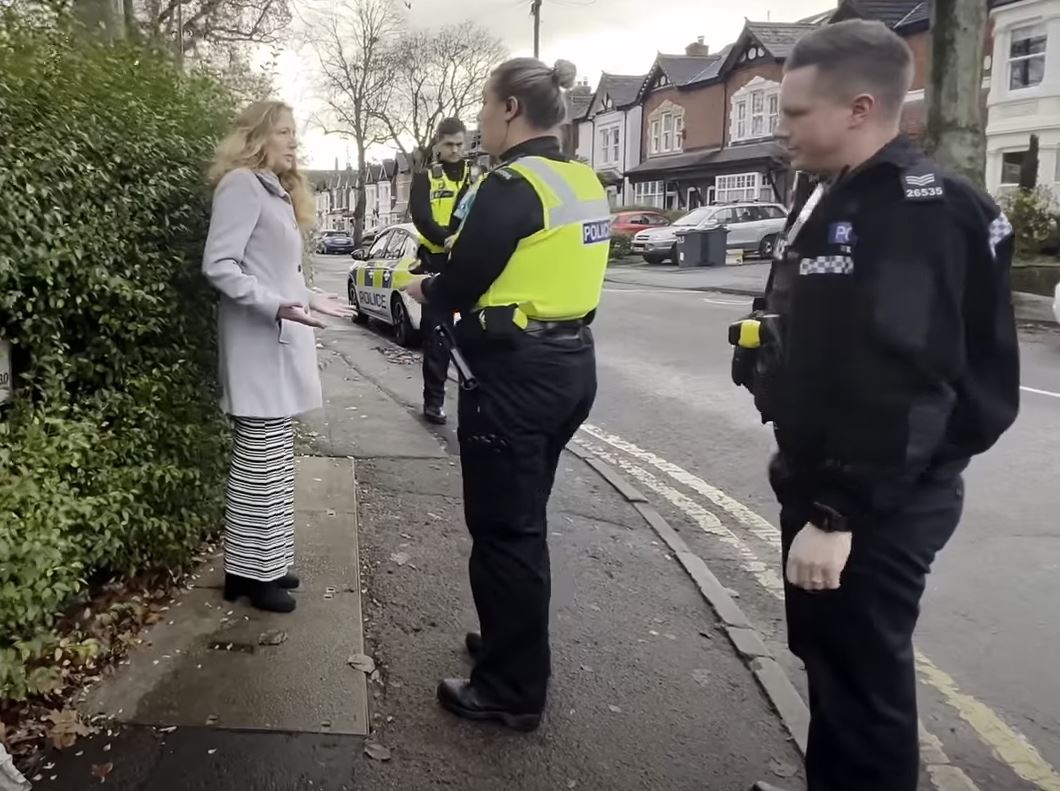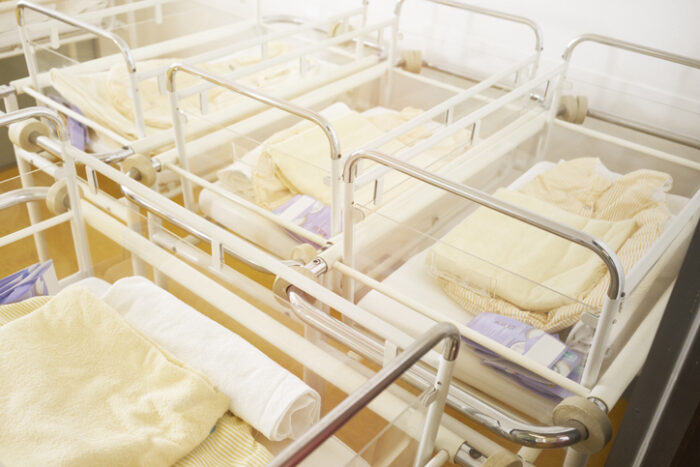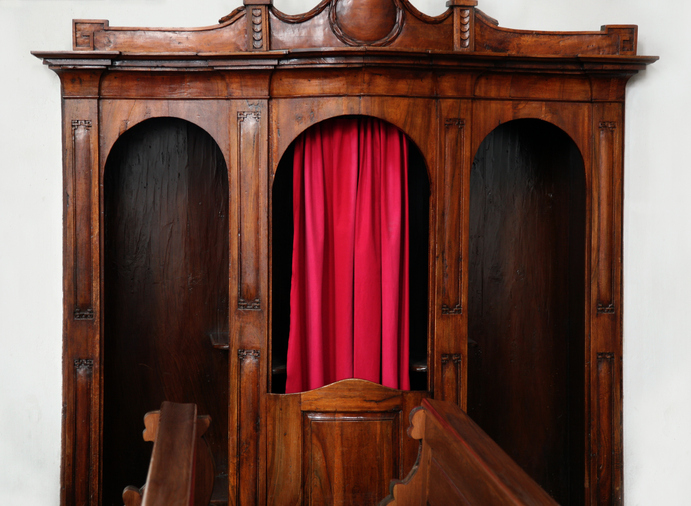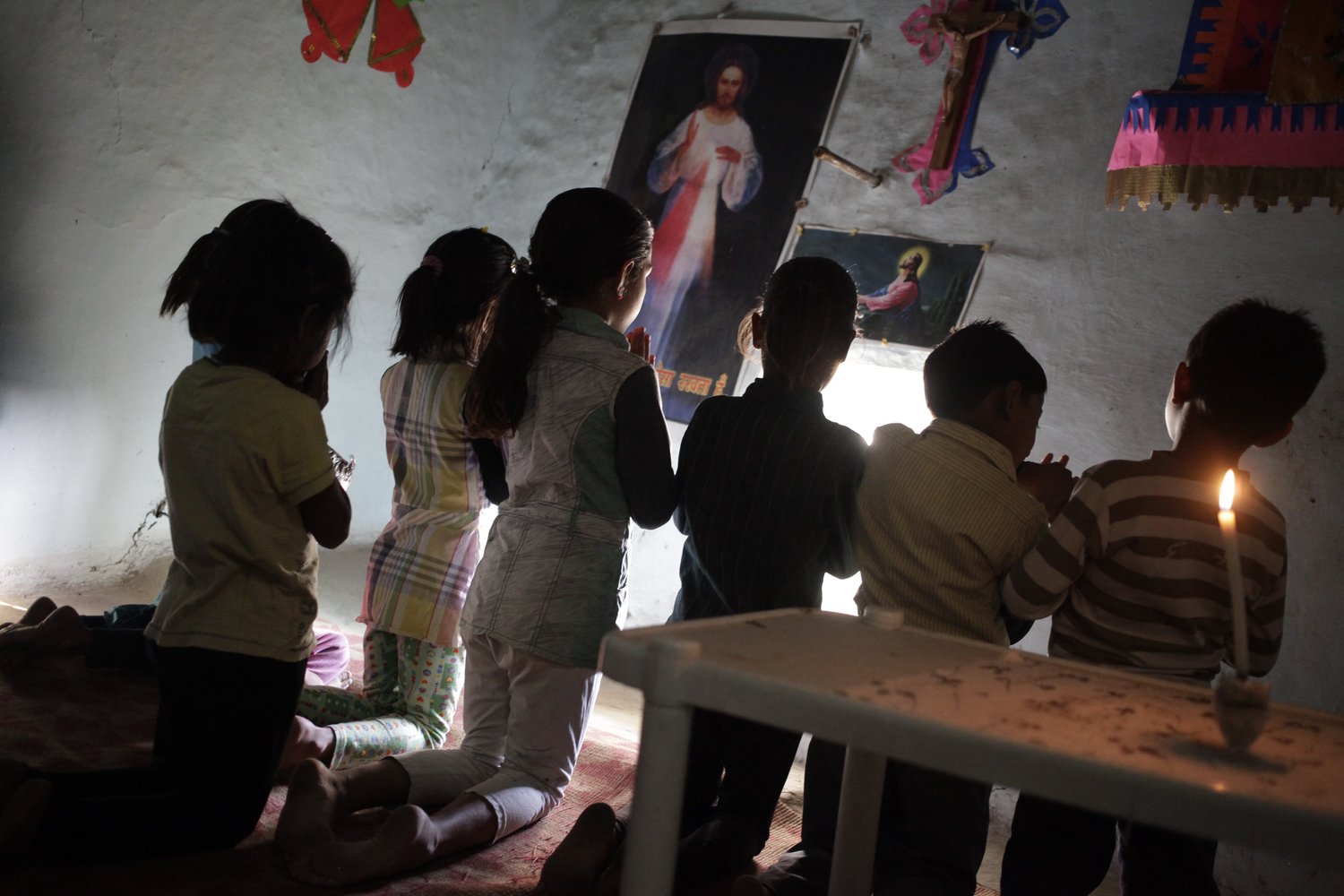A bill to enable international and compensated surrogacy contracts passed the Dail on Wednesday night and will now be taken up by the Seanad.
TDs debated a Report on the bill compiled by the Select Committee on Health, a body consisting solely of Dail Deputies.
The Report proposed numerous amendments to the text of the bill, most of which were accepted.
Health Minister, Stephen Donnelly, said one amendment, accepted by the Government “will bring in an allowance for net loss of income to be included as part of the permitted reasonable expenses incurred by a donor”.
This will allow egg donors “to be paid for a net loss of income” particularly those who “take time off . . . from their jobs to complete the donation process”, he said.
Critics say these expenses often amount to a fee in disguise, something reminiscent of commercial surrogacy which the bill’s authors say they oppose.
Another approved amendment added the word “net” to qualify “loss of income in the context of reasonable expenses incurred by a surrogate mother”.
Minister Donnelly said this “will allow for aspects such as social protection payments or income tax liabilities to be taken into account when seeking to calculate a surrogate mother’s potential loss of income”.




















